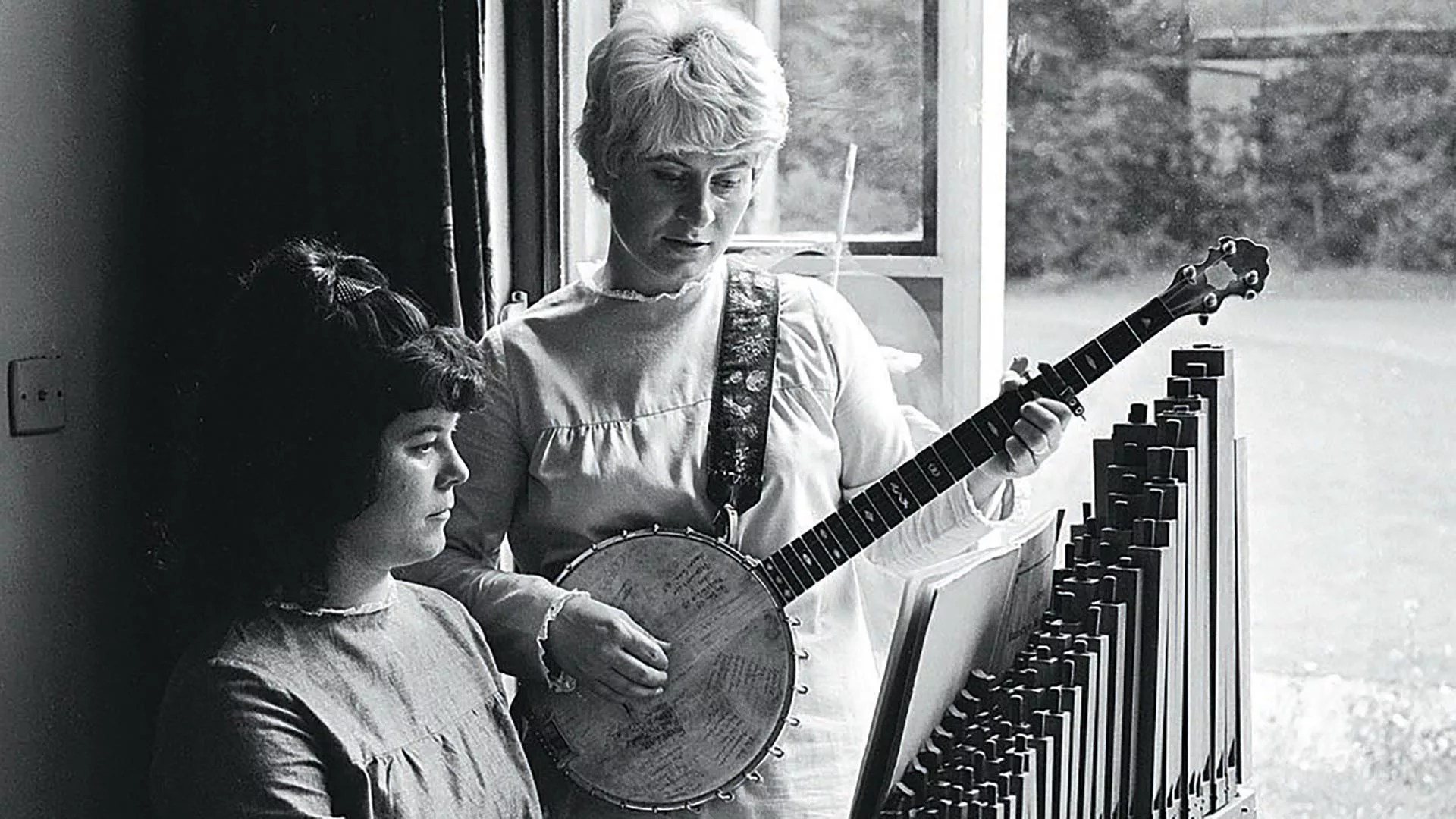Shirley Collins, the celebrated folk singer-songwriter whose career was recently revived after 38 years, has spoken to The Big Issue about the catastrophic impact of her split from Fairport Convention and Steeleye Span founder Ashley Hutchings.
“It was extremely hard at the time,” Collins recalled, in the interview for the Letter To My Younger Self feature. “I wish Ashley had put his arm around me, but he didn’t, because he was in love with several other people at the time. It led to the loss of my singing voice completely, I just couldn’t do it. I tried to do one or two things in public and it was so humiliating I thought, I can’t put myself through this. So I completely withdrew. I couldn’t even sing to myself indoors. I couldn’t get a note out. So I tried to find other ways to make a living.”
She was not the only woman affected in the same way. Speaking of fellow folk hero Linda Thompson, she said, “The same thing happened to her, and that was such a wretched thing, to steal her beautiful voice. She’s still not terribly confident. And all because some bloke has decided to break your heart – you lose not only your husband and your social life, but your voice as well. I’m sure some some men get brokenhearted as well, but all I know is that the men who cause it just trot off into the future and seem to get away scot-free really.”
From the beginning of her career, Collins was dogged by a sexist culture that pervaded the music industry. She joined the Alan Lomax on his famous trips around the South of America in the late ’60s collecting music field recordings: “I loved the American music I heard, both from white mountain people and the black singers of Mississippi. It was all wonderful and I loved the people I met.” The two discovered Mississippi Fred McDowell – “the greatest bluesman I’ve ever heard” – when he was picking cotton one day (The Rolling Stones became great fans). But Collins was rarely credited for her part in Lomax’s pioneering work.
More aggravating was the industry’s refusal to deal solely with her on a business level, even after she had made a number of records. “In those days it was normal for women to be treated a certain way,” she said. “You didn’t really have any business dealings with the men in record companies. I sat with Ashley on the No Roses contract [her 1971 album] and he did all the talking. I can remember the frustration of it. But sometimes if you spoke up you were shut up anyway. Blokes just talked over you.”
Shirley Collins finally re-discovered both her voice and her confidence in 2014, and recorded Lodestar, her first album in nearly 40 years, for Domino Records in 2016. She is about to release her third album on Domino this month. But she still berates herself for not speaking up when she came up against those obstacles decades ago.










